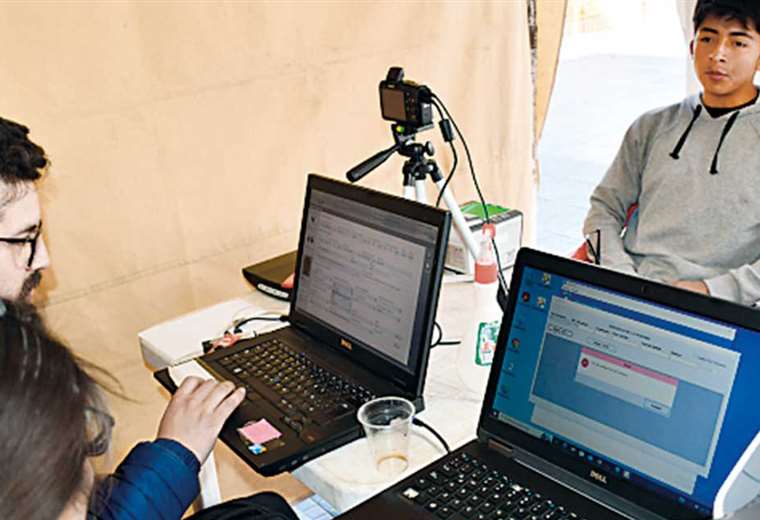The president of the Federal Supreme Court (STF), Luís Roberto Barroso, will hold a lunch this Tuesday (20) with the presidents of the Chamber of Deputies, Arthur Lira (PP-AL) and the Senate, Rodrigo Pacheco (PSD-MG), at the Court’s headquarters. 
The meeting is promoted by Barroso amid the decisions of Minister Flávio Dino, confirmed by the plenary, which suspended the payment of mandatory amendments and the so-called “pix amendments” of deputies and senators, from the Union Budget.
The Chief of Staff, Rui Costa, and the Attorney General of the Union (AGU), Jorge Messias, will represent the federal government. The Attorney General of the Republic, Paulo Gonet, and all the ministers of the Supreme Court were also invited.
The event is treated as an institutional meeting, followed by lunch, to try to pacify the Supreme Court’s relationship with Congress after the suspension of the amendments.
Last week, after Dino’s decisions, Arthur Lira forwarded for analysis by the Constitution and Justice Committee (CCJ) the Proposed Amendment to the Constitution (PEC) No. 8/2021, which limits the unilateral decisions of Supreme Court ministers.
The meeting will also serve as an opportunity for the Legislature to attempt to reach an agreement with the federal government, the main beneficiary of the decision to suspend the amendments. According to budgetary legislation, it is up to the Executive Branch to release the funds earmarked for parliamentary amendments.
Over the years, the Executive branch has been losing power over budget execution. In 2015, during the government of former President Dilma Rousseff, Congress approved the mandatory budget, a mechanism in which amendments from deputies and senators must be paid by the federal government, which is responsible for executing the Union Budget.
Under Jair Bolsonaro’s government, the “Pix amendments” were created by Congress and reserved another portion of the resources for parliamentarians.
Currently, Congress has around R$60 billion earmarked in its budget, an amount that represents almost the same amount allocated to the Executive.
Impositive amendments
On Wednesday (14), Minister Flávio Dino decided that the transfers of mandatory amendments should be suspended until the Legislative and Executive branches create transparency and traceability measures for the funds. This type of amendment requires the federal government to send the expected resources to agencies indicated by parliamentarians.
The decision was motivated by a lawsuit filed with the Court by the PSOL. The party argued to the Supreme Court that the model of individual and bench-based mandatory amendments of federal deputies and senators makes preventive control of spending “impossible.”
The minister understood that the suspension of the amendments is necessary to avoid irreparable damage to the public coffers. According to the decision, only amendments intended for works that are in progress and to respond to a public calamity situation may be paid.
Pix Amendments
On August 1, Dino suspended the so-called “Pix amendments”. They are used by deputies and senators for direct transfers to states and municipalities, without the need for agreements to receive transfers.
The minister understood that this type of amendment must follow transparency and traceability criteria. According to the same decision, the Office of the Comptroller General (CGU) must conduct an audit of the transfers within 90 days.
Unanimously, Dino’s two decisions were ratified by the Court’s plenary on Friday (16).
















